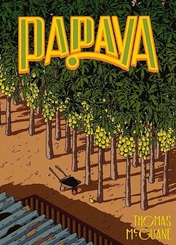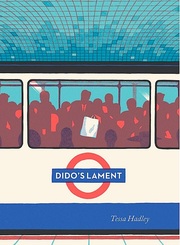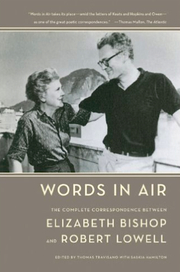A WRITER'S WIT |
New Yorker Fiction 2016
 Peter Van Agtmael | Magnum
Peter Van Agtmael | Magnum “After a beat, he says, ‘Or maybe you didn’t really lose it’” (77).
Not until this point has Nell bothered to think of what her call must have looked like to him. After discovering that her license has fallen into the lining of her jacket, she considers apologizing but she fails to do so. This full professor of gender studies, nonetheless, now has a rather indelicate anecdote to share with her students should she ever wish to share it with anyone at all. Ms. Sittenfeld is the author of Eligible: A Modern Retelling of Pride and Prejudice, which came out in April.
Photograph by Peter Van Agtmael (Magnum)
NEXT TIME: My Book World
Introduction to My Long-Playing Records
"My Long-Playing Records" — The Story
"A Certain Kind of Mischief"
"Ghost Riders"
"The Best Mud"
"Handy to Some"
"Blight"
"A Gambler's Debt"
"Tales of the Millerettes"
"Men at Sea"
"Basketball Is Not a Drug"
"Engineer"
"Snarked"
"Killing Lorenzo"
"The Age I Am Now"
"Bathed in Pink"
Listen to My Long-Playing Records Podcasts:
"A Certain Kind of Mischief"
"The Best Mud"
"Handy to Some"
"Tales of the Millerettes"
"Men at Sea"
"My Long-Playing Records"
"Basketball Is Not a Drug"
"Snarked"
"Killing Lorenzo"
"Bathed in Pink"
Also available on iTunes.












 RSS Feed
RSS Feed